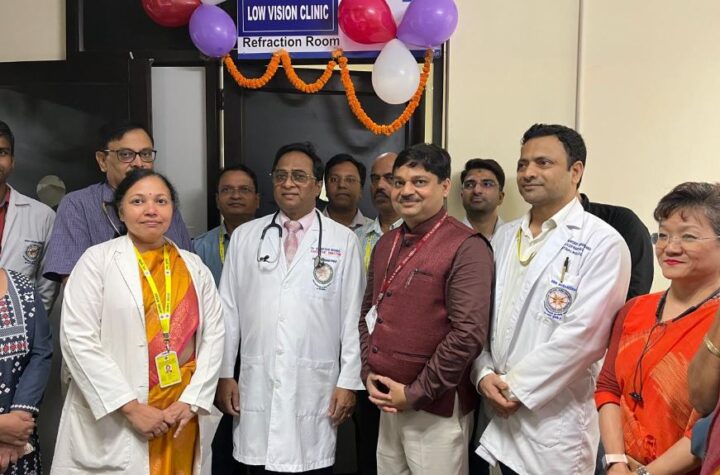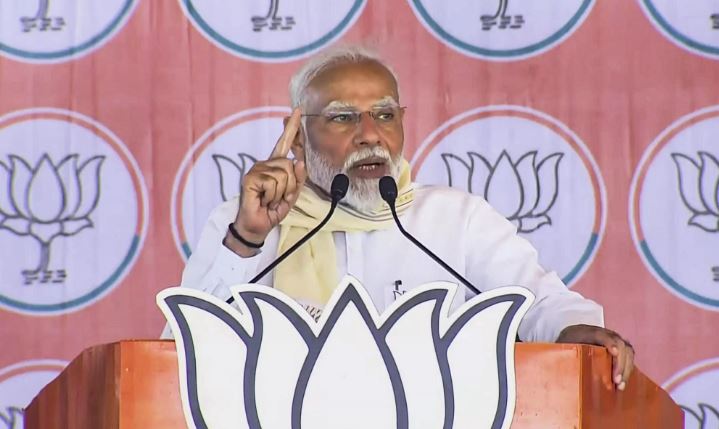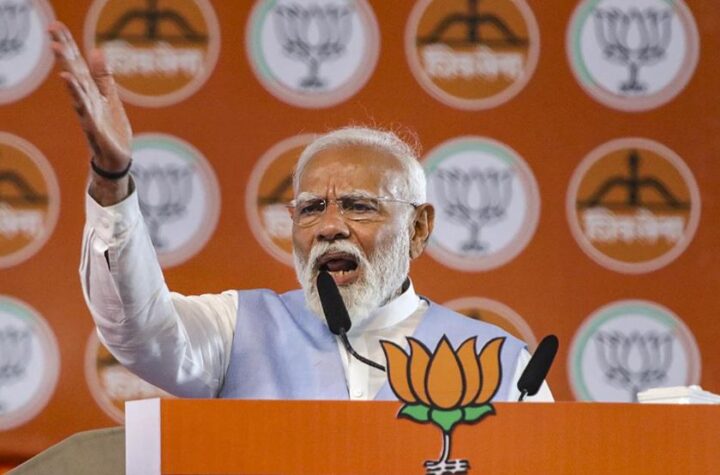Bhubaneswar: India’s MSME sector, grappling with pandemic disruptions, has been adopting mechanisms to move from low to high-value added activities, in order to make enterprises competitive and productive. This is aimed at boosting the local economy and generating more and better quality jobs, that help the sector sustainably integrate itself with the global supply chain. The ILO organized a ‘Policy Dialogue: Building a market responsive, resilient, and inclusive MSME ecosystem for job rich and sustainable growth’ in collaboration with the State Government of Andhra Pradesh and Odisha, supported by the
Korea International Cooperation Agency (KOICA). The event facilitated knowledge-sharing as it delved upon the strategies adopted for enabling promotion of sustainable enterprises, developing the missing segments in the value chain, promotion of MSME clusters based on regional comparative advantage and for economies of scale in other developing countries in the region. Speaking at the session, Mr. BB
Swain, Secretary, Ministry of Micro Small Medium Enterprises, Government of India said, “The
MSME sector is important for India’s GDP. MSMEs have been impacted by preventive measures
taken against COVID-19. To boost the ecosystem, India is trying to formalize the sector not
to lose any benefits going to MSMEs. Resilience of MSMEs and market responsiveness will need technology to respond to the demands. This dialogue will support the knowledge building
in the two states and support them to develop the evidence based policy making.” Emerging economies like India require market-driven growth models to trigger local economic development that will propel job
creation and income generation.Job-rich growth protecting the interest of both the workers and
employers and promoting Decent Work for All will enable the transition to a sustainable
economy as enshrined in 2030 Sustainable Development Agenda. The ILO is working with Andhra Pradesh and Odisha under its initiative ‘Promoting Sustainable Enterprises in India’ to design and implement
evidence-based gender and market-responsive MSME policy initiatives. Workers and employers’ organizations are playing an important role in devising integrated sector strategies for demonstrating local economic development. “Andhra Pradesh, being a new state, is collaborating with
international agencies, in the field of technology, skills along with market linkages, to help strengthen
market mechanism in identified sectors. Learnings from Vietnam, Indonesia, and Bangladesh, as well
as knowledge sharing from Korea will provide insights on the global best practices at this high-level,
multi stakeholder policy dialogue,” said Mr. Karikal Valaven, Special Chief Secretary to Government,
Industries and Commerce, Government of Andhra Pradesh. The MSME sector is broadly
synonymous with the private sector, as it employs most of the workforce. The experts weighed
in on how local to global market linkages that the MSME sector facilitates, make for competitive
value chains that drive innovation in and sustainability of the sector, which will lead to the emergence of decent work for across the value chain. Informal workers, many of whom are women, youth and other marginalized groups form the backbone of the MSME sector. The Policy Dialogue discussed the need for developing a wider system of rules, regulations and supporting functions surrounding value chains and markets which will promote entrepreneurship, improve productivity and working conditions to enhance MSME competitiveness; innovation; and digitalization, all while preventing vulnerable groups from sinking into poverty. “Odisha looks forward to the ILO’s technical assistance for capacity building of state
institutions and MSME enterprises along with focusing on the state’s entrepreneurial segment. Odisha has focused on development of female entrepreneurs through its SHG movement, and many prospective
female entrepreneurs are ready to step into social inclusion through training. The state is creating a
positive growth-oriented policy ecosystem to support the MSME ecosystem and startups, to drive
Odisha’s MSME development journey”, said Ms Ranjana Chopra, Principal Secretary, Department of MSME,Government of Odisha. The discussion focused on four countries, namely South Korea, Vietnam, Indonesia, and Bangladesh to facilitate knowledge building for India, particularly for Andhra Pradesh and Odisha, to adopt similar economic development models. The countries elaborated upon the
efforts made by them in transforming to market-based economies by transitioning from low-value agrarian to high-valued manufacturing products and emerging as sectoral leads or sourcing hubs. The dialogue discussed how economies seized the opportunity provided by theCOVID-19 wake-up call to
accelerate building resilience and help formal and sustainable MSMEs sustain global against competitiveness of sectors. “Under the PSEI initiative, the ILO aims to equip young women and men with entrepreneurial skills to help scale-up up new business development in the value chain of
food processing, garments and textiles sectors in Andhra Pradesh and Odisha to generate more and
better-quality jobs and help in the formalization of work,” said Ms Dagmar Walter, Director,
ILO DWT for South Asia and Country Office India. It’s important to support the integration of the two states into the global supply chain, to help establish them as responsible and reliable sourcing states at a global level, Ms Walter added.











More Stories
Low vision clinic inaugurated at AIIMS Bhubaneswar
Urban education programme comes in handy for Odisha’s tribal, dalit kids
Now country ‘aatank’ struggling for ‘aata’: PM